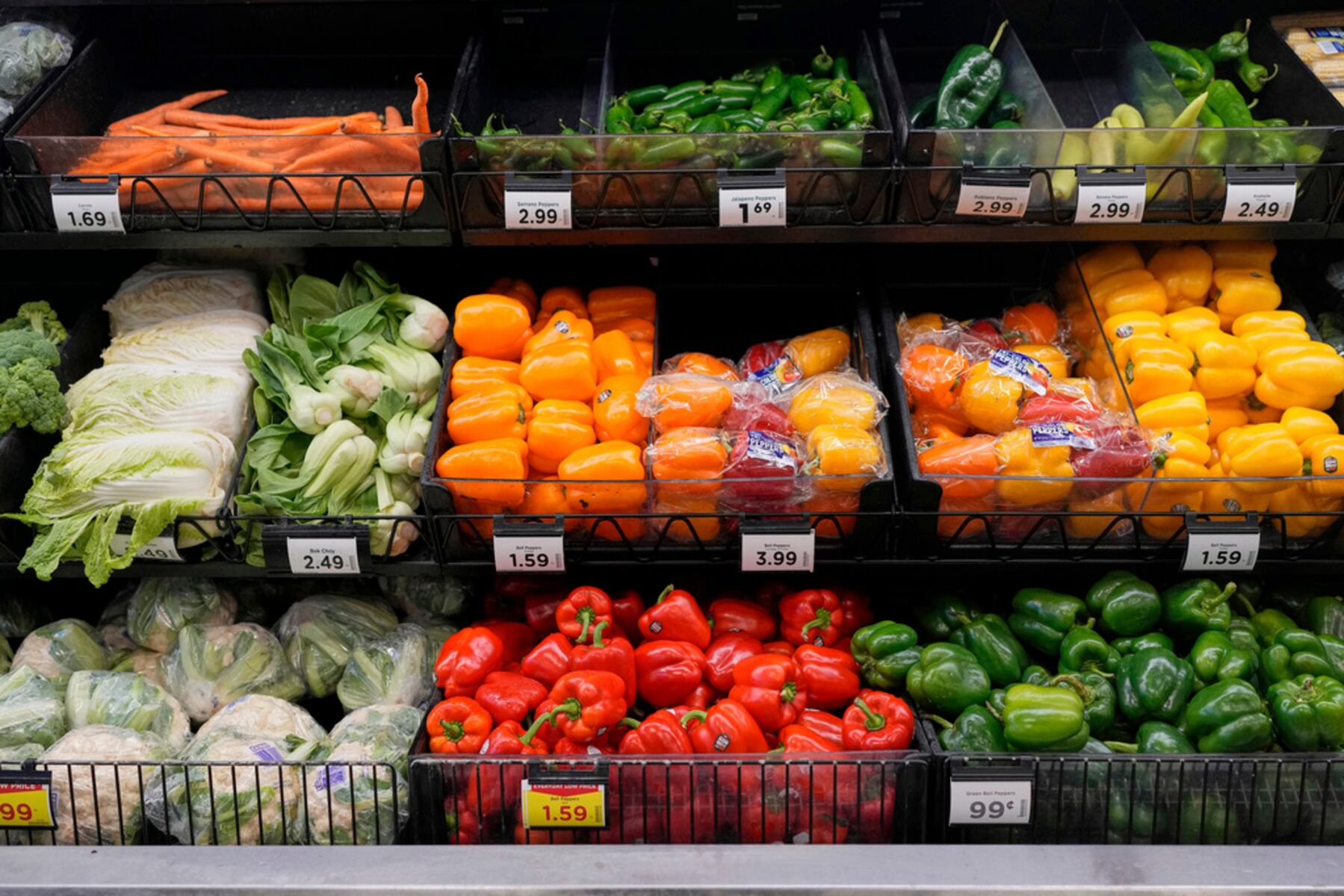Two federal judges issued rulings on November 3, 2023, requiring the Trump administration to utilize contingency funds to continue financing the Supplemental Nutrition Assistance Program (SNAP) during the ongoing government shutdown. The decisions from judges in Massachusetts and Rhode Island came just as the U.S. Department of Agriculture (USDA) planned to halt payments, claiming an inability to sustain funding due to the shutdown.
SNAP, the largest food assistance program in the United States, serves approximately 41 million people, with nearly two-thirds of recipients being families with children. The program costs around $8 billion each month and is a critical component of the nation’s social safety net. The recent rulings provide the administration with some flexibility on how to fund the program for November, whether partially or in full.
Judicial Interventions to Protect SNAP Funding
In a case brought forth by cities and nonprofit organizations, U.S. District Judge John J. McConnell ruled in favor of maintaining SNAP funding. He instructed the federal government to report back by November 6, 2023, regarding their plans to utilize at least the contingency funds, which amount to approximately $5 billion. McConnell emphasized that all previous waivers concerning work requirements for vulnerable populations, including older adults and veterans, must remain in effect.
Similarly, U.S. District Judge Indira Talwani delivered a written opinion stating that the USDA’s suspension of SNAP payments was “unlawful.” She mandated that the federal government clarify by November 6 whether they would employ both the contingency funds and additional available resources, which could total around $23 billion, to ensure SNAP recipients receive their benefits.
“The court’s ruling protects millions of families, seniors, and veterans from being used as leverage in a political fight,”
stated Skye Perryman, president and CEO of Democracy Forward, reflecting on the significance of the Rhode Island ruling.
Implications for SNAP Recipients and Funding Sources
As the government shutdown continues, advocates and beneficiaries of SNAP have expressed concern over the potential disruption in food assistance, which could force low-income individuals to make difficult choices between purchasing groceries and covering other essential expenses. Many states have preemptively announced expedited funding for food banks and alternative methods to load benefits onto SNAP debit cards.
At a press conference, Agriculture Secretary Brooke Rollins commented that the contingency funds would not sustain SNAP for an extended period. She attributed the funding crisis to Democratic lawmakers, accusing them of a “disgusting dereliction of duty” for their refusal to end a Senate filibuster that aimed at extending health care funds. A proposal to maintain SNAP funding during the shutdown failed to pass in Congress earlier that week.
To qualify for SNAP in 2025, a family of four must have a net income below the federal poverty line, approximately $31,000 annually. Last year, SNAP provided crucial assistance to 41 million Americans, underscoring its vital role in addressing food insecurity across the nation.
The judicial rulings are expected to face appeals, and it remains uncertain how quickly beneficiaries will receive their reloaded debit cards, a process that typically takes one to two weeks. As the situation evolves, the need for a reliable food assistance program remains critical for millions of Americans during this prolonged period of uncertainty.







